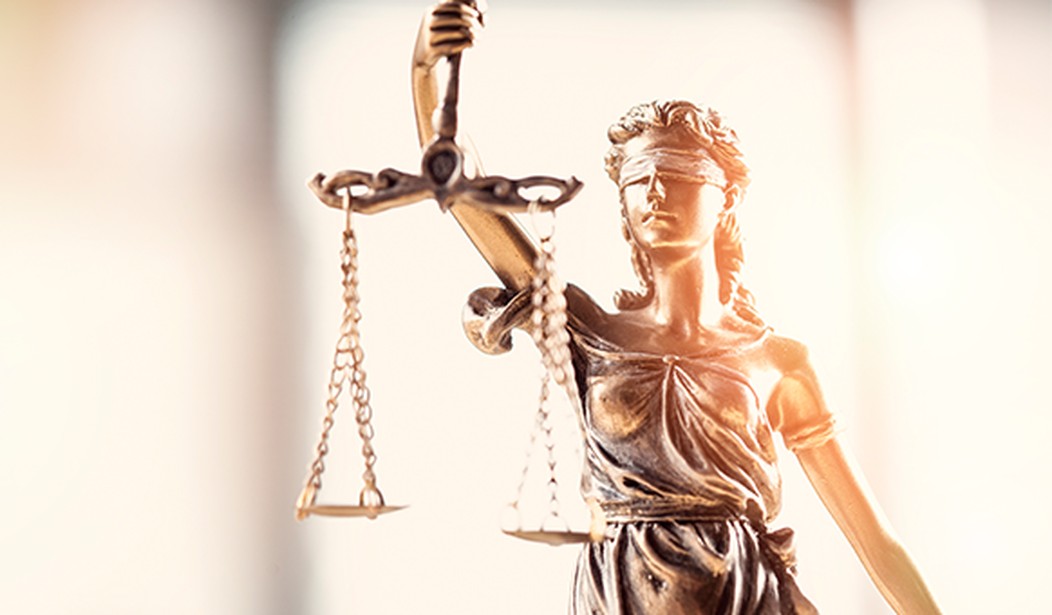In 2016, George Mason University Law School changed its name to the Antonin Scalia Law School. (Very briefly, it was dubbed the Antonin Scalia School of Law — until someone decided that acronym was probably a wee bit too honest for a law school.) But when I graduated there in 2000, it was still plain ol’ George Mason University Law School.
It was very different than being an undergraduate: Your law professors would go out drinking with you. (And some of ’em could REALLY drink!) During my first year of law school, after a Thursday night bar crawl, 20 students and one professor continued partying at my nearby basement apartment. I found the professor sitting in my bedroom, reading my entire notebook of poetry.
“Uh, some of that stuff is kinda personal,” I told her.
“That’s okay, I don’t mind,” she said. And she went right back to reading.
That’s sort of weird, isn’t it?
Another professor once told me that he had a client who had placed miniature cameras on the top of his shoes, so he could slide his feet beneath the dresses of unsuspecting young women and take creepy photos. But his client was found not guilty, because in this jurisdiction, it was only illegal to take secret photos of people when they were in a state of undress — and technically speaking, that’s not what his client was doing. (My professor was very proud of his legal work.)
Most of the curriculum focused on coloring within the lines: “The law begins here and ends here. This is legal; this isn’t.” Each day, you’re assigned a few court cases to read, and based on the decisions, it’s your job to deduce the guiding legal principles.
And that’s all well and good; a lawyer has gotta know the law, of course. But to me, the classes that were far more interesting were the ones where we argued about what the law OUGHT to be.
Not what it already is.
Lots of those arguments focused on various versions of the trolley problem: Is it legal/moral to commit one act of evil, if it prevents a greater act of evil?
So, just for fun, I’d like to present some of these legal questions to you morally upstanding PJ Media readers. For example:
Let’s say you’re sitting in your car, when a madman runs behind you with a gun. If you stay still, he’ll shoot and kill you. But if you drive forward, you’ll run over a mother and a baby in a stroller. Should it be lawful for you to escape? Or should you be required to sit there and get killed?
Or, imagine you’re dangling off the edge of a cliff, holding onto a branch. If you lose your grip, you’ll die. Fortunately, a really big fat guy just happened to walk directly below you. If you let go, he’s fat enough to break your fall — which means, you’d probably live. But the impact would almost certainly kill the fat guy. (Yes, this was an actual scenario we discussed in class.) Should you be allowed to use Fatty as a cushion?
Or, imagine you’re a sailor at sea, when a mighty storm appears out of nowhere. If you stay out in the ocean, you’ll probably drown. Fortunately, there’s a safe port nearby — but it’s owned by someone who hates visitors and explicitly bans trespassers. Should you be allowed to dock there anyway? And if you do dock there, should you be liable for any damages by your boat smashing into his property — or should that be considered an Act of God?
For legal cases that are determined via a preponderance of the evidence (51% probability, as opposed to the “beyond a reasonable doubt” standard), here’s a wacky scenario: Imagine you own a stadium with 500 seats. Your box office only sold 224 tickets for a baseball game, yet every seat is filled. This means you could randomly point at anyone in the stadium, and it’s mathematically probable that they didn’t pay for their seat. Should you be allowed to evict everyone?
(Although the stadium scenario is kind of kooky, it’s based on real-life case law: A mother is given medication during delivery, but years later, that medication is linked to horrible birth defects. Even if the mother can’t prove that she took that exact medication, if the drug company had, say, a 35% market share, there have been legal cases where courts have assigned a 35% culpability to the drug company.)
Premeditation/intent is an important standard in murder: It’s considered a prerequisite for first-degree charges. Second-degree murder is killing without premeditation or planning — i.e., a “crime of passion,” where a husband catches his wife in bed with another man, loses his cool, and kills ’em both. But does it really make sense to have a higher penalty for premeditated murder? Isn’t society equally endangered by a guy with such an uncontrollable temper, he could lose it and just kill someone?
Additionally, if premeditation is such a meaningful standard in murder, why don’t we use it with other awful crimes — like rape? I mean, I couldn’t even fathom a situation where a rapist would try to argue, “Well, sure, I raped her, but it wasn’t something I planned to do ahead of time, and therefore I deserve a lighter penalty.”
So what’s the point of premeditation for murder?
Finally, the Eighth Amendment of the U.S. Constitution prohibits “cruel and unusual punishments.” The word “and” between cruel and unusual is important, because technically speaking, society can punish convicts however it wants — and as cruelly as it wants — just as long as it does so often.
It’s all about repetition, I guess.
What say you, dear PJ Media readers? How would YOU decide these legal dilemmas?








